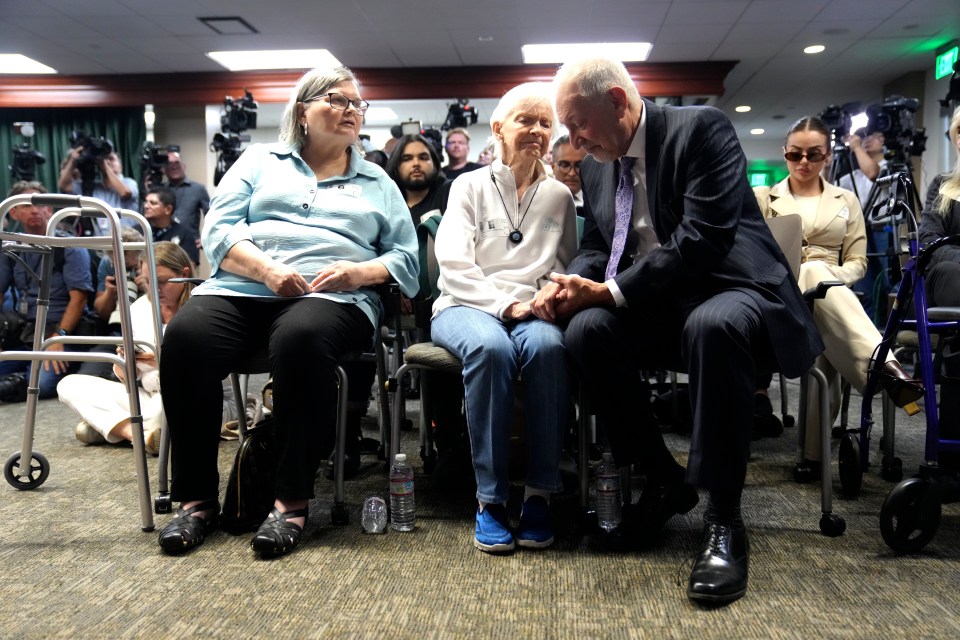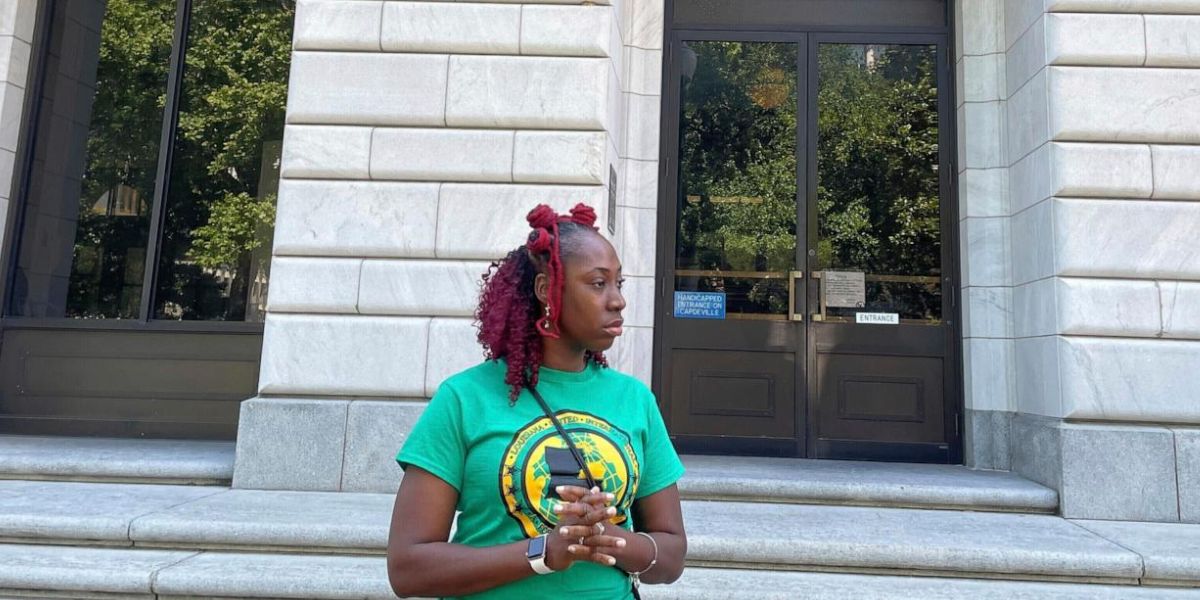Jury Awards $185,000 to Teen for Emotional Distress in Police Interference Case
A federal jury awarded $185,000 to a youngster who videotaped his mother’s harsh arrest by Louisiana sheriff’s deputies in 2020, following a lawsuit filed over one deputy’s attempt to interfere with the video.
De’Shaun Johnson was 14 years old when officers arrived at his family’s house in St. Tammany Parish to ask his mother, Teliah Perkins, about suspicions that she had ridden a motorbike without a helmet — a charge her attorneys say was false and never pursued.
The disagreement became physical, and footage captured the woman being forced to the ground.
The American Civil Liberties Union and the law firm Reid Collins & Tsai filed a lawsuit against the deputies as part of the ACLU’s Justice Lab project, which seeks to examine allegations of police brutality.
A federal appeals court mostly sided with the St. Tammany Parish Sheriff’s Office on many of the accusations, thus ending the lawsuit over the deputies’ use of force. However, it permitted the lawsuit to proceed over claims that one deputy interfered with Johnson’s use of his phone to film the arrest. According to the ACLU, the deputy stood in front of Johnson as he began recording the arrest and threatened him with a Taser.
On May 1, during a federal court civil trial in New Orleans, a jury determined that Deputy Ryan Moring’s acts constituted “intentional infliction of emotional distress” and awarded the minor $185,000.
“We are thrilled to see justice served for De’Shaun,” Nora Ahmed, the ACLU of Louisiana’s legal director, said in a press release following the judgment.
On an associated issue, the jury ruled in favor of the deputy, rejecting the claim that Moring violated Johnson’s First Amendment rights by preventing him from continuing to videotape his mother’s detention.
The Sheriff’s Office did not immediately return a phone message seeking comment. However, Sheriff Randy Smith, through a representative, told The Times-Picayune/The New Orleans Advocate that an appeal of Moring’s conviction was planned, calling the finding of emotional harm “meritless.”











